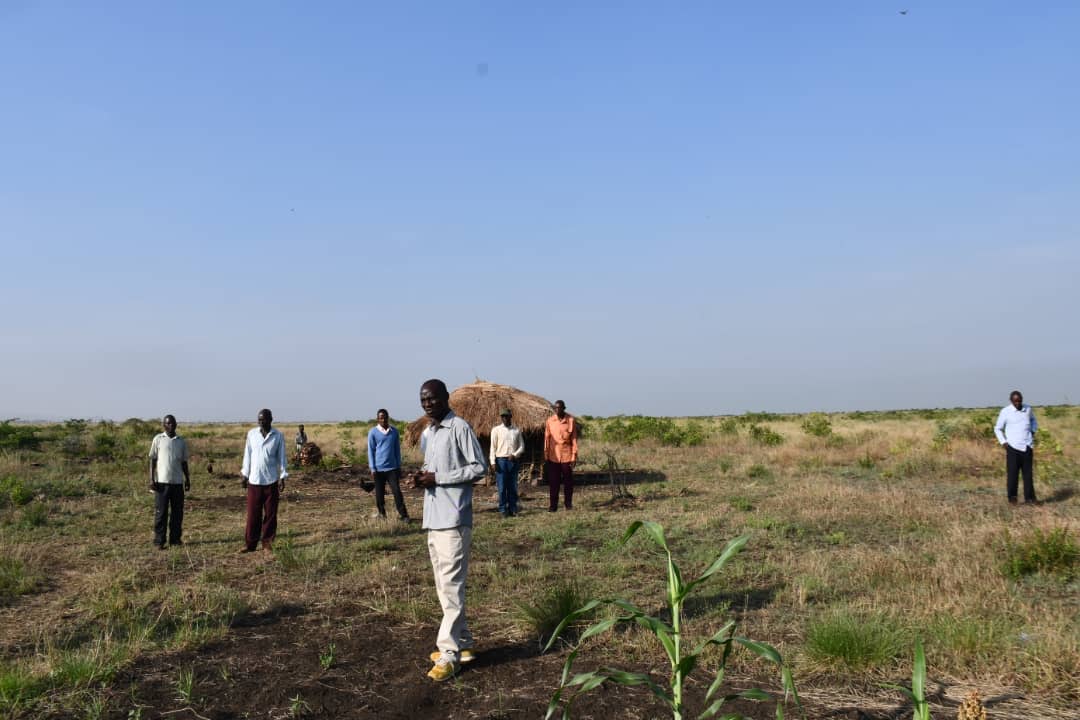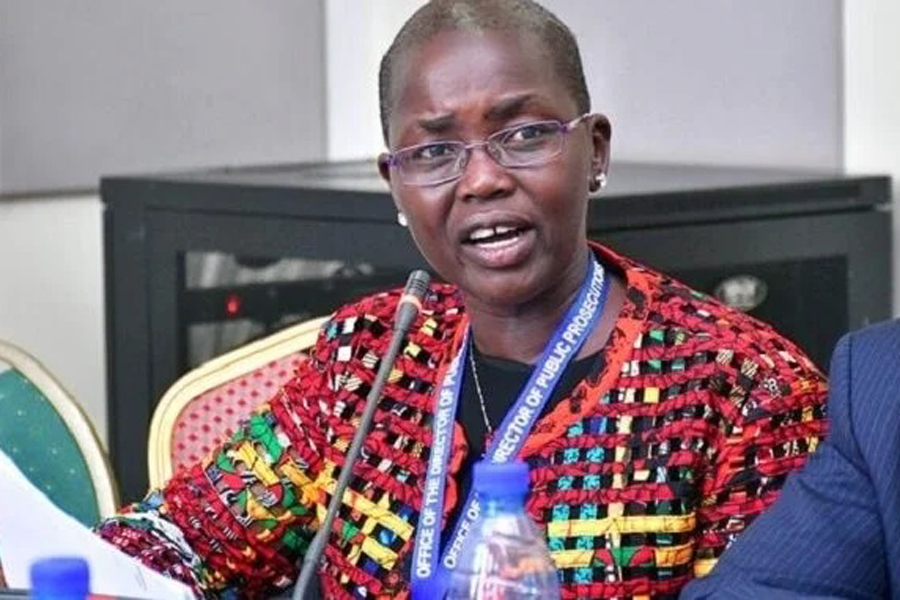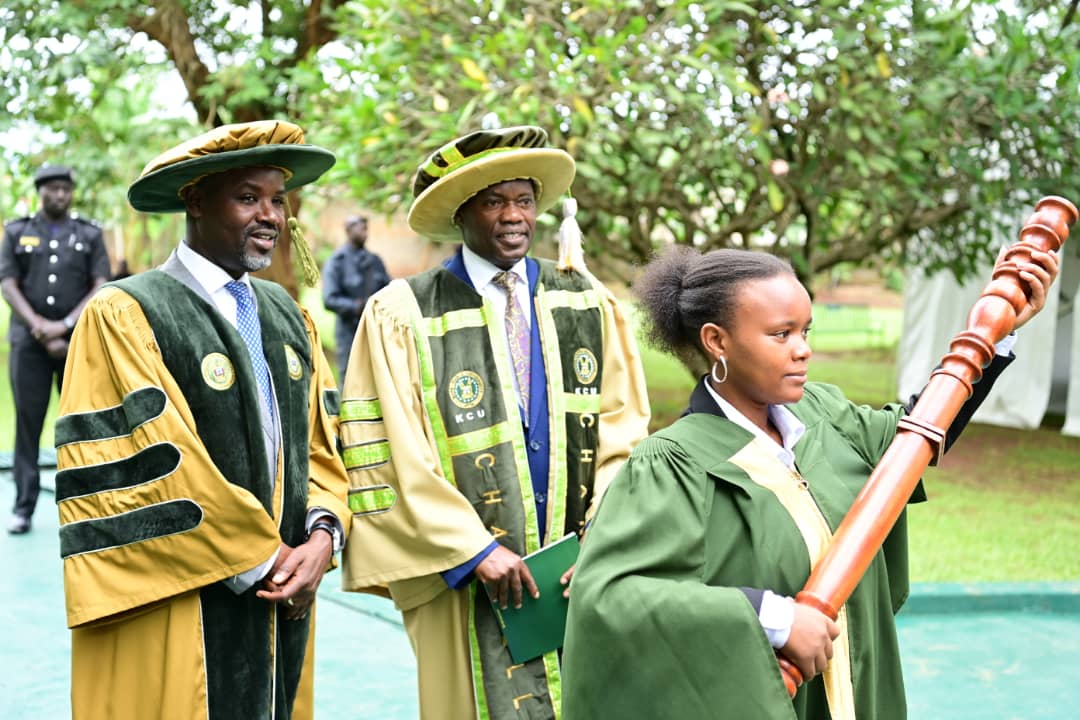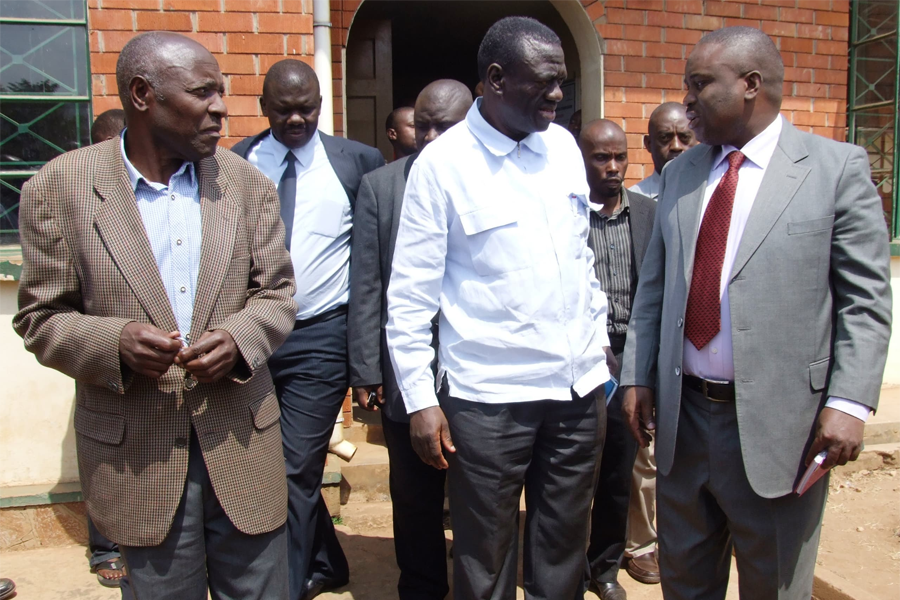Ethnic violence in Sudan’s West Darfur sends thousands fleeing to Chad
The U.N. refugee agency says last month’s ethnic violence in Sudan’s Western Darfur region has driven thousands of refugees, some for the second time, to neighboring Chad for safety.
Land disputes in Western Darfur’s Masteri town reportedly killed at least 61 people and injured more than 88. The July 25 attacks are blamed on armed nomads who targeted the African farming communities, triggering the mass exodus of at least 2,500 people from Sudan to Chad. An estimated 20,000 people within Western Darfur in are reportedly affected by the ethnic-related unrest.
Keep Reading
The U.N. refugee agency says the nomads also reportedly burned down houses in Masalit and in surrounding villages. UNHCR spokesman Babar Baloch said more than 80 percent of the refugees arriving in the Chadian border town of Adre are women, children and elderly people.
“Many have witnessed extreme violence. A 25-year-old woman told UNHCR staff that her husband was stabbed to death in front of her eyes and she had to run for her life with her three children, making the journey to Chad riding a donkey for one whole day," he said.
The UNHCR reports many of the newly arriving refugees had returned home to Darfur from eastern Chad earlier this year. Farmers who had been displaced by a conflict, which broke out in 2003 and lasted 11 years, had started to return home under a government-sponsored deal reached two months ago, in time for the July-November planting season.
Baloch said the situation inside West Darfur State has stabilized since the attacks but remains unpredictable. He said many of the returning internally displaced are staying in El Geneina but are hesitant to go home until security improves.
“Federal authorities in Khartoum have reportedly deployed additional forces to control and calm the situation, while a delegation from Massalit and the Arab tribal leaders arrived in El Geneina from Khartoum on August 4 and is conducting peace talks between both sides,” he said.
In the meantime, Baloch said the UNHCR and Chadian government are relocating the newly arrived refugees from the border areas to a refugee camp further inland. However, he said this is proving to be difficult because of poor road conditions and heavy rains.
Source: VOA













